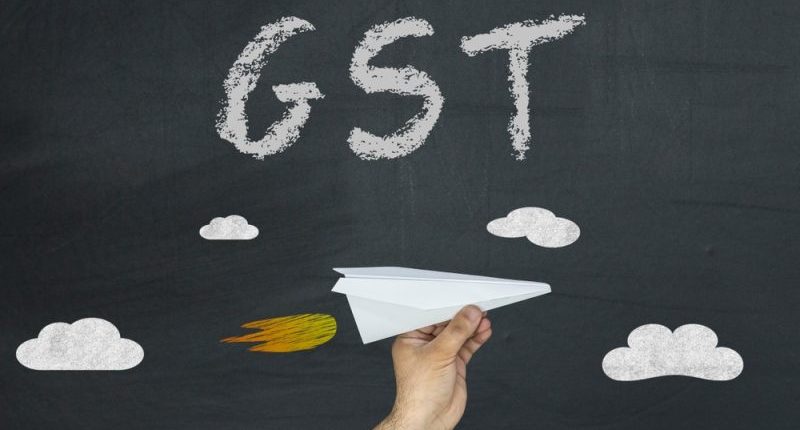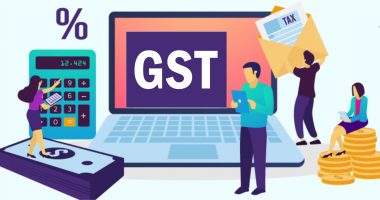With the Finance Bill, 2019, the Central Goods and Services Act saw a few important amendments. Let’s take a look at how these amendments are going to impact the taxpayers.
Increase in Threshold Limit for GST Registration
Previously, Rs 20 lakhs was the threshold limit for GST registration w.r.t suppliers of goods. However, the threshold limit has now been revised to Rs 40 lakhs. This amendment will benefit small/medium taxpayers since they need not register for GST unless and until their turnover is more than Rs 40 lakhs. Also, this amendment applies only to businesses which supply goods.
Changes in the GST Registration Procedure
According to the new subsection which has been added, it is mandatory that every GST-registered individual has to undergo Aadhaar authentication mandatorily. If he/she fails to comply with the Aadhaar authentication, his/her GST registration will be deemed as invalid.
Implementation of Electronic Payment Modes
A new section will be included in the CGST Act. According to this, certain registered suppliers will have to mandatorily provide their recipients with the option of making payments electronically. The government aims to implement electronic payment modes as an initiative to move towards a cashless economy. With this move, tax evasion also will be prevented. With this amendment, businesses which have a turnover of more than Rs 50 crores have to provide their recipients with electronic modes of payment mandatorily.
Also Read: GST composition scheme taxpayers to file in Form GST CMP-08
Introduction of a New Sub-Section For Service Providers
A new sub-section has been introduced to implement a similar Composition Scheme for service providers as well as mixed suppliers (suppliers of goods and services). This sub-section will apply to service providers and diverse suppliers who have up to Rs 50 lakhs as their annual turnover in the previous financial year.
Two additional explanations have been added to this section:
- The value of exempt supplies of services rendered via loans, extending deposits, or advances, with discount or interest will not be considered as part of the aggregate turnover. It will not be considered for deciding on the eligibility for the scheme as well.
- The value of exempt supplies of services rendered via loans, extending deposits, or advances, with discount or interest will not be considered as part of the aggregate turnover. It will not be considered even for calculating the turnover value in a specific Union Territory or State.
Composition Taxpayers Can Now File Their Returns Annually
An amendment made to Section 39 allows specified taxpayers to furnish their returns every quarter (instead of monthly). Tax payments will have to be made every month.
Previously, a composition taxpayer was supposed to file his/her return every quarter. However, the government has now implemented annual return filing for composition taxpayers. Nevertheless, tax payment needs to be made every quarter.
10% of the Profiteered Amount Will be Levied as Penalty
Going forward, the National Anti-profiteering Authority (NAA) will levy a penalty, which is equivalent to 10% of the profiteered amount. This will apply to suppliers who have not settled their profiteered amount within the due date.
Payment of Interest and Taxes
A new sub-section has been included. This will help taxpayers in transferring amounts which are paid under interest, tax, fee, penalty, or any other amount, which is available in the electronic cash ledger (ECL) to an appropriate head of tax under central tax, integrated tax, State tax, cess, or Union Territory tax in ECL, as applicable.
Also, with the amendment which was made to Section 50, a taxpayer will now need to pay interest only on that part of the tax which is paid via cash, i.e. via ECL.
Bhavana is a Senior Content Writer handling the GST vertical. She is committed, professional, and has a flair for writing. When away from work, she enjoys watching movies and playing with her son. One thing she can’t resist is SHOPPING! Her favourite quote is: “Luck is what happens when preparation meets opportunity”.




